Table of Contents
New Delhi, October 17, 2024, In a recent response, India has again refuted the allegations that Prime Minister Justin Trudeau has now directed at India and squarely placed the blame of the deepening diplomatic tension between Canada and India squarely on him. In a statement released late at night in a statement by MEA, India responded that Canada has offered no evidence at all to substantiate the serious allegations of India’s involvement in the assassination of Khalistani militant Hardeep Singh Nijjar last year.
Thus, what we heard today has only added to what we have been saying all along: Canada has provided us nothing in substantiation of the charges they have seen fit to bring against India and its diplomats, the MEA said.
It started when Trudeau said that Indian agents were involved in the killing of Nijjar outside a gurdwara in Surrey, British Columbia, in June 2023. However, Trudeau has not provided any evidence. Furthermore, India has dismissed these allegations and continually challenged Canada to present substantive evidence.
India Disregards Trudeau’s Evidence
More tension was added by Trudeau’s recent deposition before a Commission of Inquiry on foreign interference looking into the Huawei affair, in which the prime minister stated that he only had “intelligence speculation” and not actual evidence. In his testimony, the Canadian Prime Minister proceeded to say that Indian diplomats were surveillance Canadian citizens and relayed the data they collected back to the Indian government and other criminal elements such as the Lawrence Bishnoi gang, all of which are still unproven.
In response to this, India reiterated its stand that Trudeau’s actions have tarnished a once-healthy diplomatic relationship between the two countries. This cavalier behavior has done damage to India-Canada relations, and that is why Mr. PM Justin Trudeau alone is responsible for it: MEA. The accusations made seem to stem from Trudeau’s own, internal political considerations.
Canada Protecting Organizations Advocating for Khalistan
There has been a major conflict over one of the issues of confrontation between India and Canada, and that is the overall mockery of the Canadian authority’s action against Khalistani separatist groups that are active in Canada. Interacting with these groups has been a thorny subject in relations between the two nations since Indian officials were wary of Trudeau’s association with these groups, seen as a threat to India’s unity.
“Under the pretext of free speech, Trudeau has supported separatism and violence, and this has led to deteriorating relations between our two countries,” pointed out one of the Indian government officials. The source also stated that while Trudeau continues to rely on radical factions to woo voters, this has widened the existing gap between New Delhi and Ottawa.
India said the early sign of the current Canadian government’s support for Khalistan came in Trudeau’s ‘controversial visit to India in 2018’ when members of his delegation were caught cavorting with supporters of a Khalistani referenda.
Diplomatic Fallout Escalates
To this end, New Delhi recently expelled six Canadian diplomats from New Delhi in response to what the Indian government referred to as political-motivated behavior from Trudeau’s government. This came after the Canadian Prime Minister labeled the Indian High Commissioner to Canada as ‘a person of interest’ in the Najjar case, which put further pressure on a frosty relationship.
India has pointed out that the allegations can and do remain baseless without substantive evidence. Yet, despite other invocations, Canada remains unmoved and has even provided no iota of proof to corroborate its allegations. This strategy of leveling malicious allegations is quite clearly motivated with the intent to vilify India for political reasons,” the MEA said.
Political Calculations of Trudeau Go Awry
According to the critics, Trudeau could have perhaps avoided making a number of offers to sweep the India-Canada dispute under the carpet because his moves are influenced by political strategists back at home. They believe that though he extends a hand to the pro-Khalistan factions today to capture vote banks in Canada, he has lost international relations with one of Canada’s major partners, and that is India.
For India, the situation is unbearable without any proofs to support the allegations. Scholars also note that if Trudeau does not alter his current policy, the tension between India and Canada might escalate to unfavorable future implications in terms of trade and relations.
While Canadians wait for the outcome of the political standoff, it is evident that Trudeau has been cornered while India is holding the high ground.
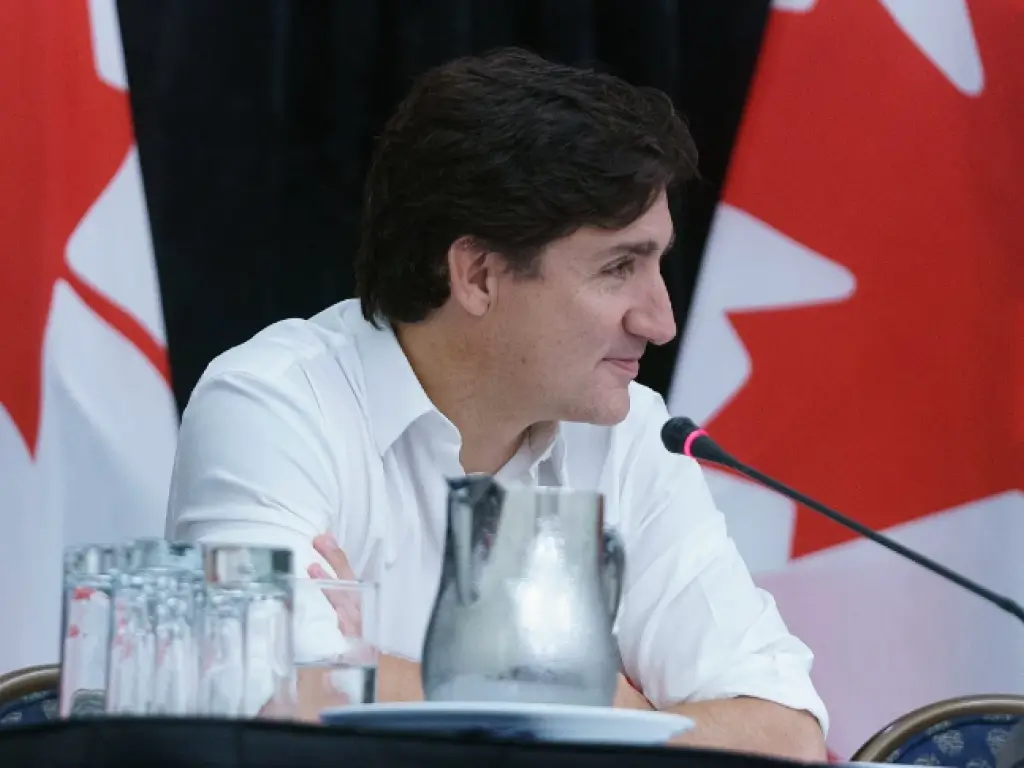
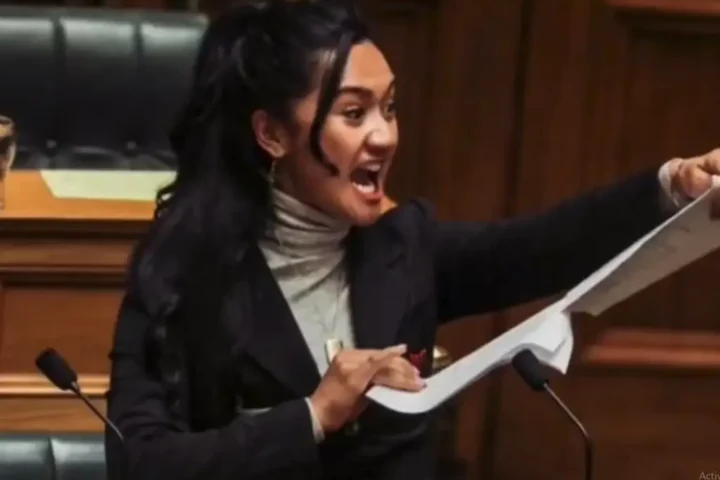
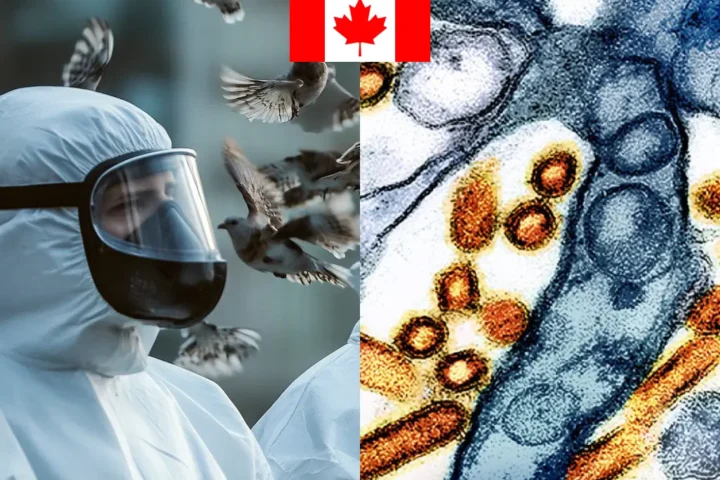
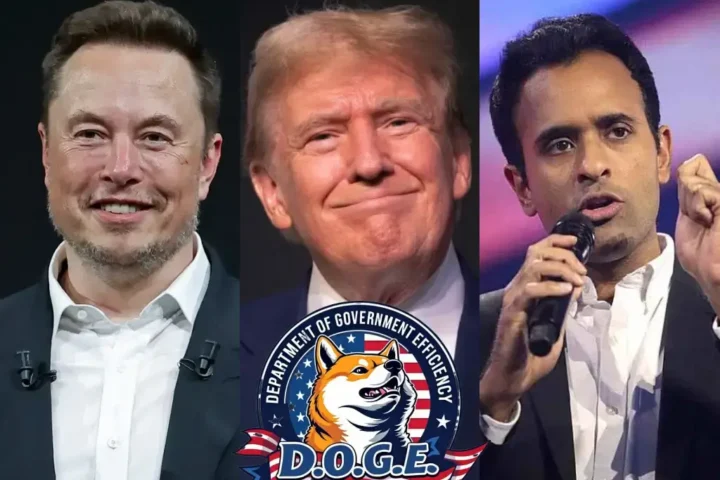
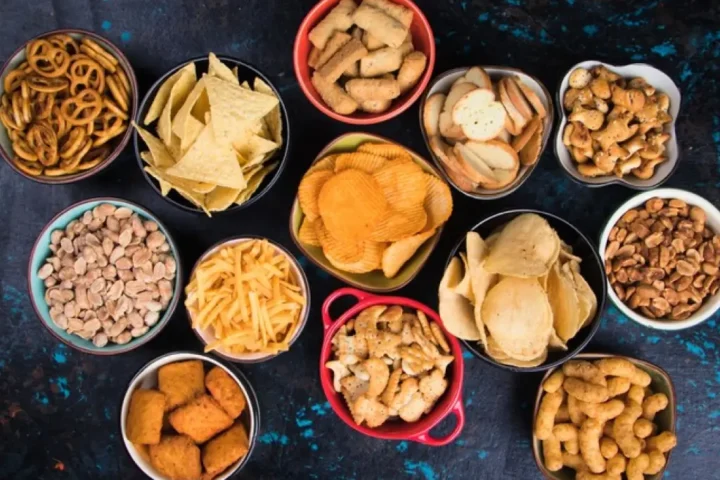
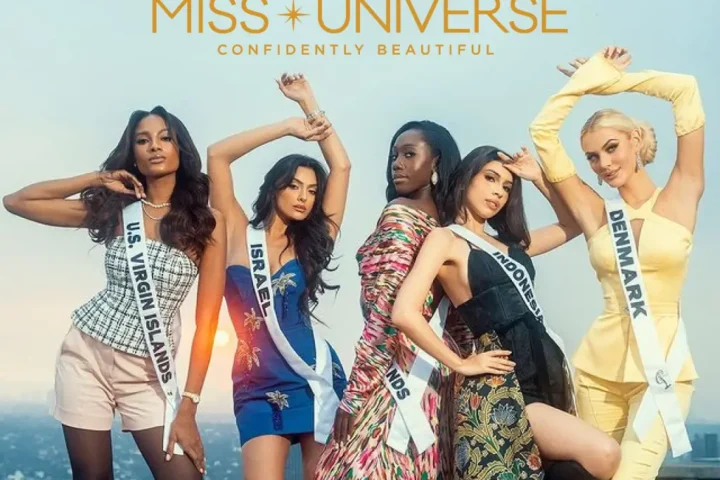


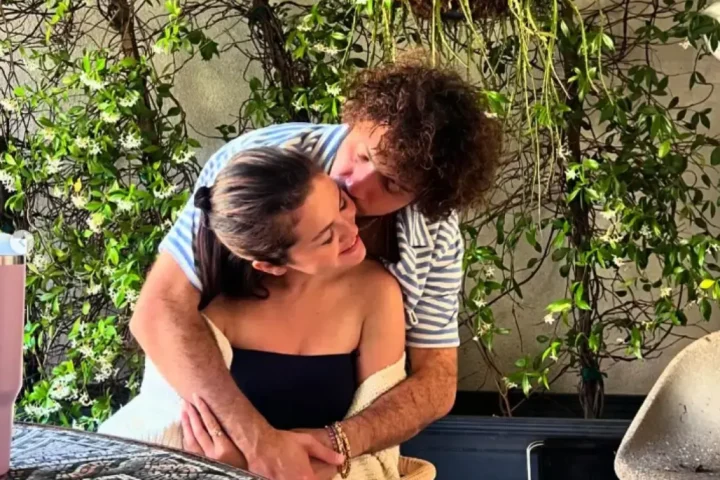
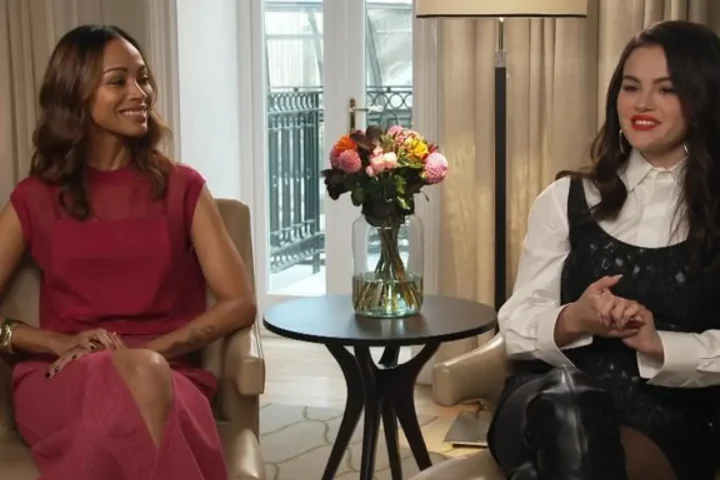
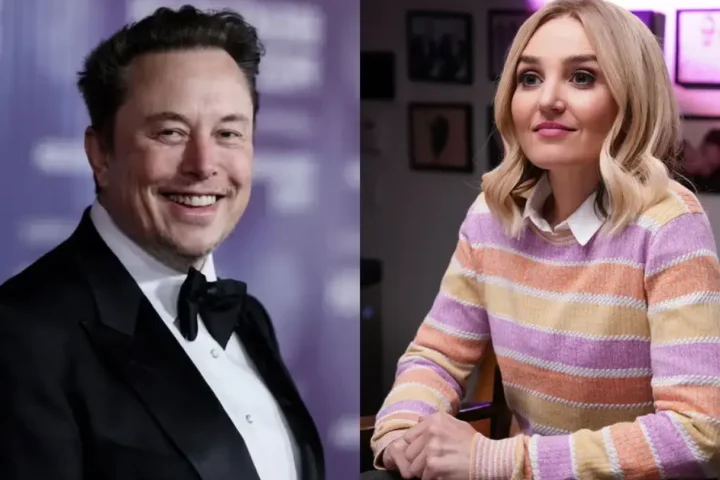
However, India’s membership presents a balancing act: how does it maintain its special relations with the U.S., Canada, and other Western partners, cementing its status inside a BRICS seen by some as a G2 or even a `Wests’ challenger? India also has some diplomatic issues with Canada and blames Trudeau for the diplomatic crisis.